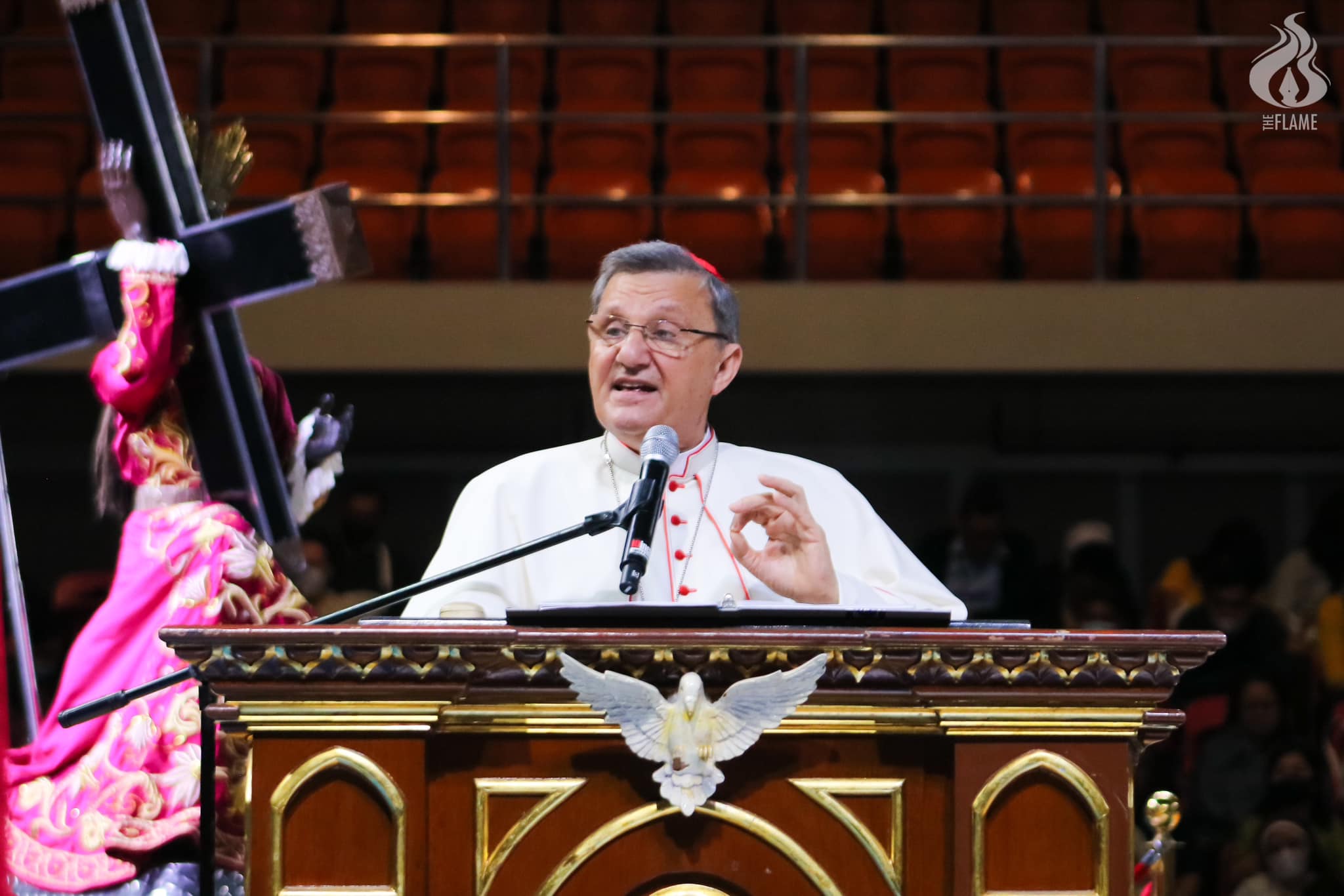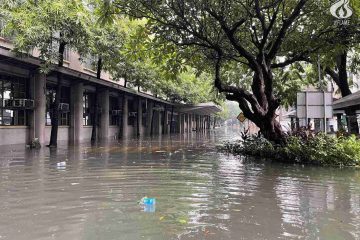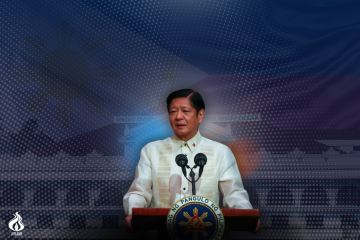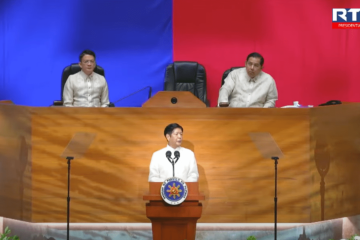
THE CATHOLIC Church should not be confined to traditional ways in pursuit of its “prophetic presence” as the digital sphere’s capacity to foster meaningful interactions could make disciples of the younger generation, the chief of the Vatican Synod said.
Synod of Bishops Secretary-General Cardinal Mario Grech said Catholics in youth-dominated populations could explore new and diverse ways to spread the word of God to respond to the decline in youth evangelization.
“The Church here can be a powerful laboratory for experimenting with pastoral strategies, intended to evangelize younger people and form them as missionary disciples,” Grech said in his keynote address during the 10th Philippine Conference on New Evangelization (PCNE) last Jan. 19.
“To the large population of young people, the Church in Asia could envision herself as a digital tent to be where the youth are and administer to them effectively,” he added, quoting the document of the Asian Continental Assembly on Synodality.
The Maltese prelate noted that while there is a need to boost engagement between local churches and younger community members, the youth should still be able to voice their struggles.
“Open your doors, so that young people can have a prophetic presence in the Church that needs to be harnessed. None of our enthusiasm for…inviting them (young people) to share co-responsibility to the Church’s mission should, however, blind us to the many social-cultural (and) personal challenges that young people face,” he said.
“We need the young generation to help us incarnate the work of God in today’s world, to learn the language that people today are using.”
Catholic Bishops’ Conference of the Philippines president and Caloocan Bishop Pablo Virgilio David shared the view, saying the Church should consider strengthening its digital presence as it is a “real space” for many people, especially for the youth.
Such interactions, the prelate said, include religious practices. He recalled a time when he had to decline a doctor’s request to virtually receive the sacrament of reconciliation during the height of the COVID-19 pandemic.
”But I said it was not allowed as I had to be physically present during the sacrament…Still, I followed my conscience. I was going to follow up (on him) but he already passed away,” David said during the heart-to-heart talk segment of the conference.
“I was so heartbroken. All because the only space we know is physical space. Times are changing and the digital space is very real,” he added.
The PCNE was established by former Manila archbishop Luis Antonio Cardinal Tagle in 2013 to reinvigorate the Filipino Catholic Church’s faith.
From 2013 to 2019, the annual conference was held at UST. It took place at various locations in the country from 2020 to 2023 and returned to UST from Jan. 19 to 21.
The three-day event started with the Traslación, wherein a procession of the Black Nazarene image was held around the stage of the Quadricentennial Pavilion at UST. Attendees took part in the tradition of wiping their white towels on the statue, one of the most popular Catholic icons in the Philippines.
This year’s theme, “Salya: Let us cross to the other side,” revolved around promoting solidarity. It was inspired by the synodality or togetherness seen during the Traslación last Jan. 9. F — Mei Lin Weng and Barbra Althea Gavilan



